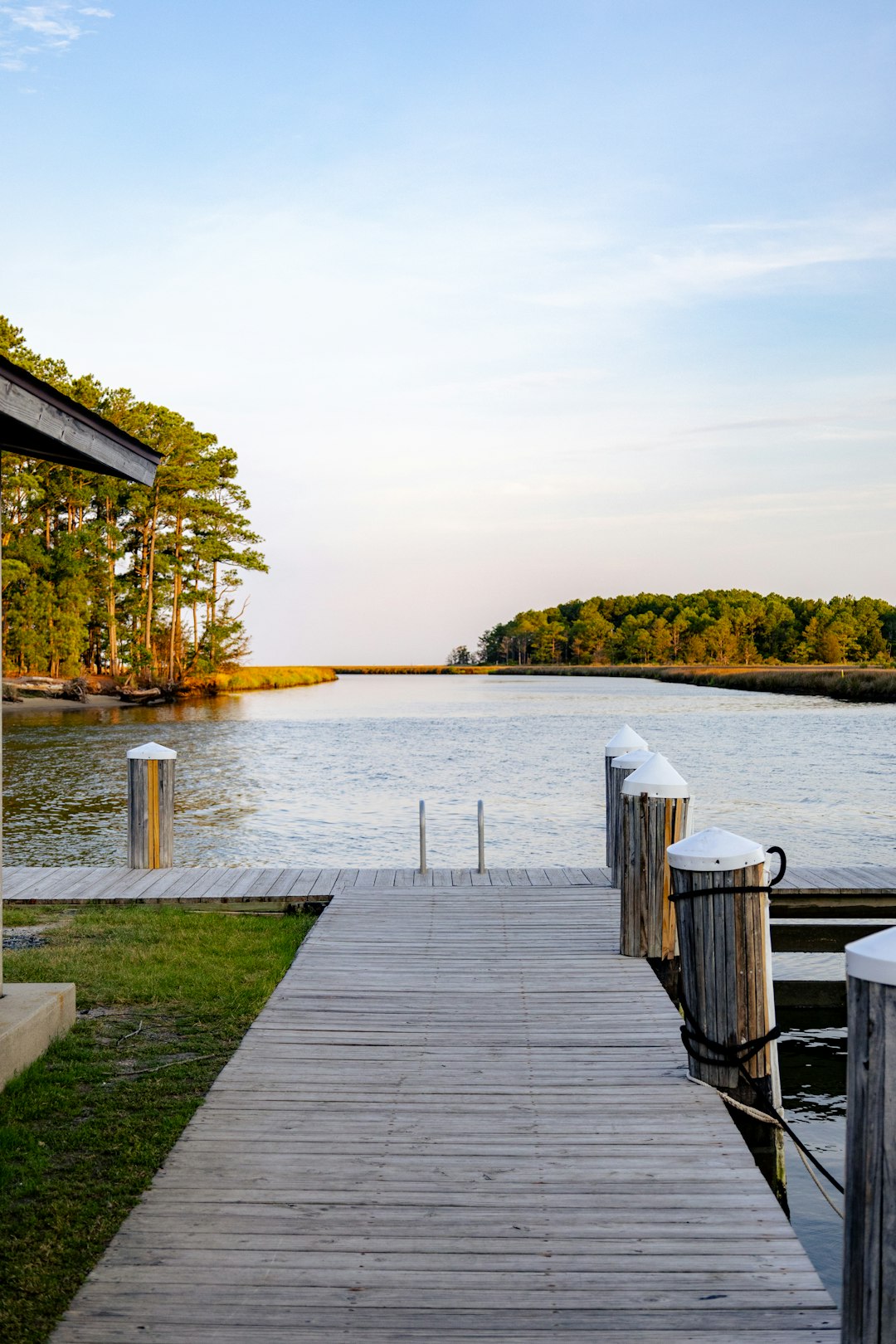Sexual abuse within after-school programs in Maryland is a serious, often overlooked issue, with vulnerable youth at risk from predators due to close staff-to-child ratios. Strict legal frameworks mandate robust policies like mandatory reporting, background checks, and staff training to recognize abuse. A sexual abuse lawyer Maryland plays a crucial role in ensuring compliance, protecting children, and holding perpetrators accountable. Key prevention strategies include open communication, boundary workshops, and regular policy updates, all underpinned by legal expertise.
In Maryland, after-school programs play a vital role in youth development. However, they also present potential risks, particularly concerning sexual abuse. This article delves into the critical issue of preventing such abuses within these programs. We explore the scope of the problem, examine Maryland’s legal frameworks and responsibilities, and offer practical strategies for creating safe environments. Understanding these measures is essential for parents, educators, and sexual abuse lawyers in Maryland to protect our youth.
Understanding the Scope of Sexual Abuse in After-School Programs

Sexual abuse within after-school programs is a critical issue that requires immediate attention. In Maryland, as in many states, the scope of this problem extends further than one might initially assume. After-school settings, often characterized by close interactions between staff and children, can unfortunately provide fertile ground for sexual predators. These environments, designed to foster learning and fun, may instead become venues for exploitation and trauma, especially for vulnerable youth.
A sexual abuse lawyer in Maryland highlights that incidents can range from inappropriate touching to more severe forms of assault. It is essential to recognize that both children and adolescents participating in after-school activities are at risk. Furthermore, many cases go unreported due to fear, shame, or a lack of understanding about what constitutes sexual abuse. This makes it crucial for program organizers, educators, and parents to be vigilant and proactive in preventing such instances, ensuring the safety and well-being of Maryland’s youth.
Legal Frameworks and Responsibilities in Maryland

In Maryland, the prevention of sexual abuse in after-school programs is governed by stringent legal frameworks designed to protect children and youth. The state has implemented robust laws and regulations that outline the responsibilities of program providers, educators, and staff. These include mandatory reporting requirements for any suspected instances of child abuse or neglect, including sexual abuse, as well as strict guidelines for background checks and employee screening. A sexual abuse lawyer in Maryland plays a crucial role in ensuring these laws are adhered to, protecting potential victims, and holding perpetrators accountable.
Program operators must establish comprehensive policies and procedures to address and prevent sexual misconduct. This involves training staff on recognizing signs of abuse, implementing secure environments, and fostering an open culture where children feel safe reporting any concerning behavior. By adhering to these legal frameworks, after-school programs in Maryland can create a safer environment, reduce risks, and effectively respond to potential incidents of sexual abuse.
Practical Strategies for Prevention and Safe Environments

Creating safe environments is a cornerstone in preventing sexual abuse within Maryland’s after-school programs. This involves comprehensive training for staff and volunteers, ensuring they can recognize signs of potential abuse and respond appropriately. Implementing clear policies and procedures, including strict background checks for all individuals interacting with children, significantly reduces risks. Regularly updating these measures to align with the latest best practices is essential.
Practical strategies include promoting open communication among students, parents, and caregivers. Encouraging children to express their feelings and concerns without fear of judgment creates a culture of trust. Additionally, establishing secure spaces where students feel comfortable sharing experiences fosters a sense of safety. A proactive approach involving regular workshops, educational sessions, and interactive activities that teach students about personal boundaries, consent, and healthy relationships can further deter potential abusers. These strategies, combined with the expertise of a sexual abuse lawyer Maryland, contribute to a robust prevention framework.





